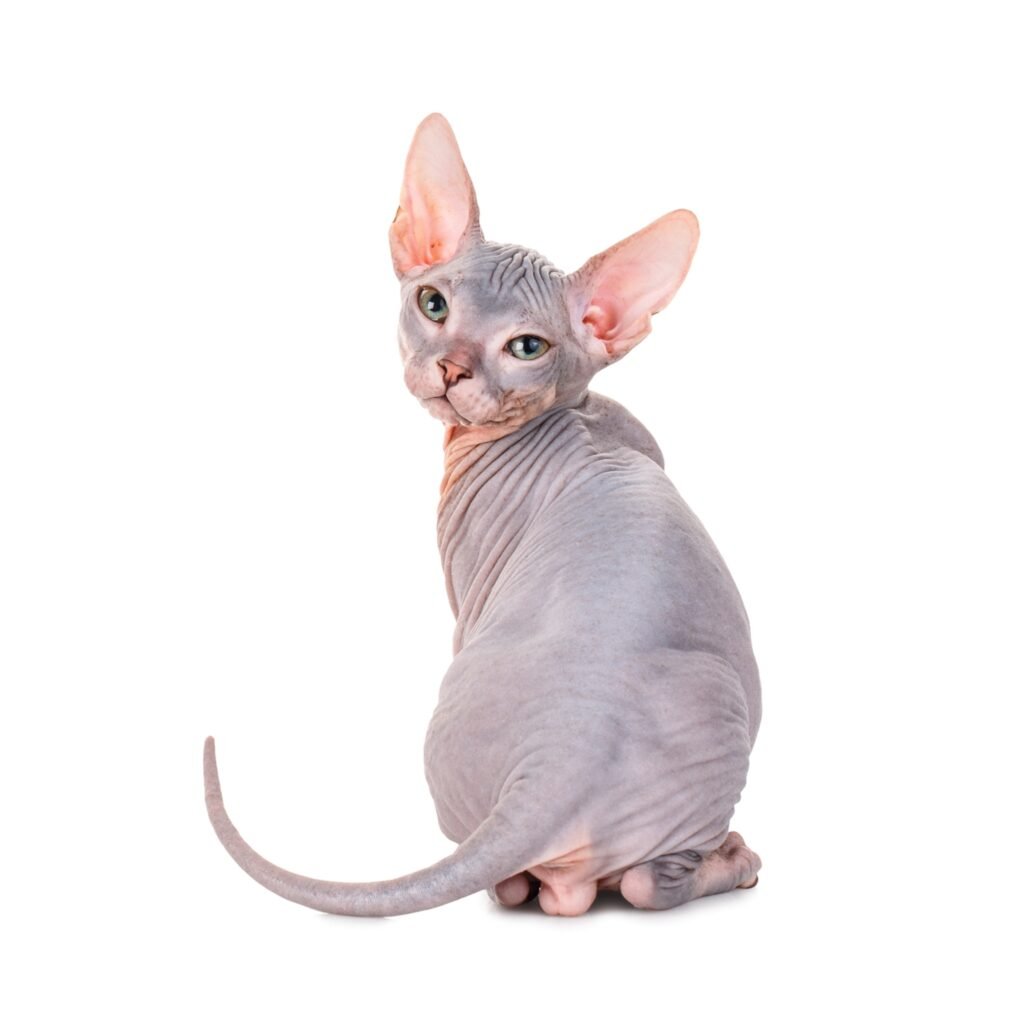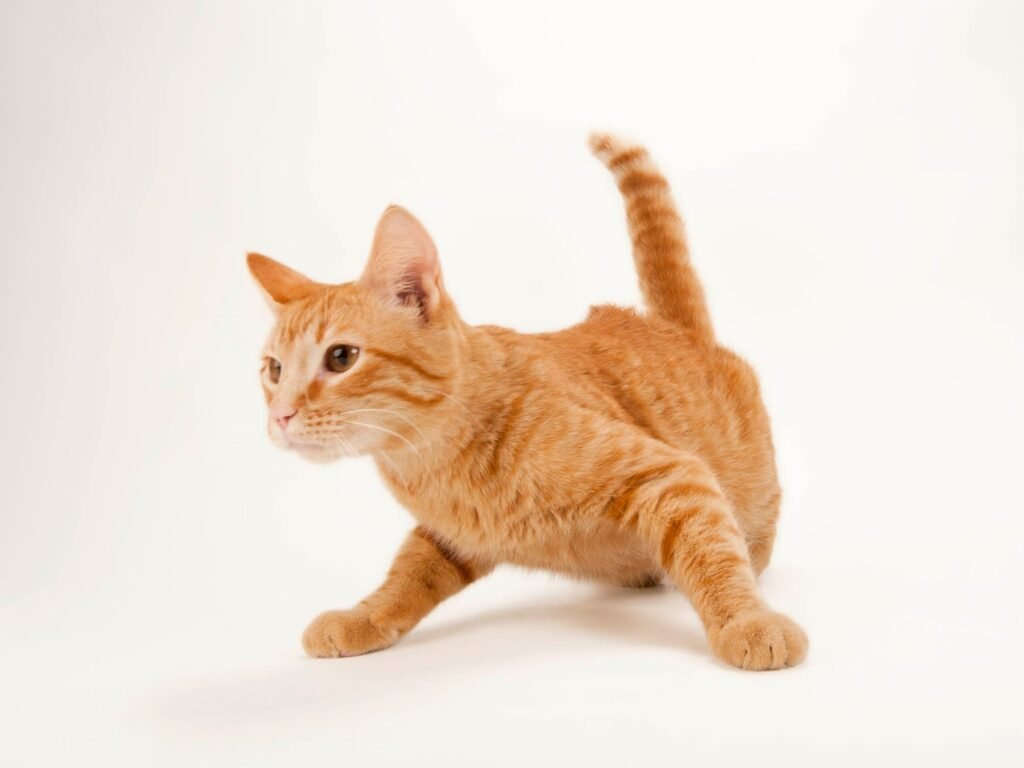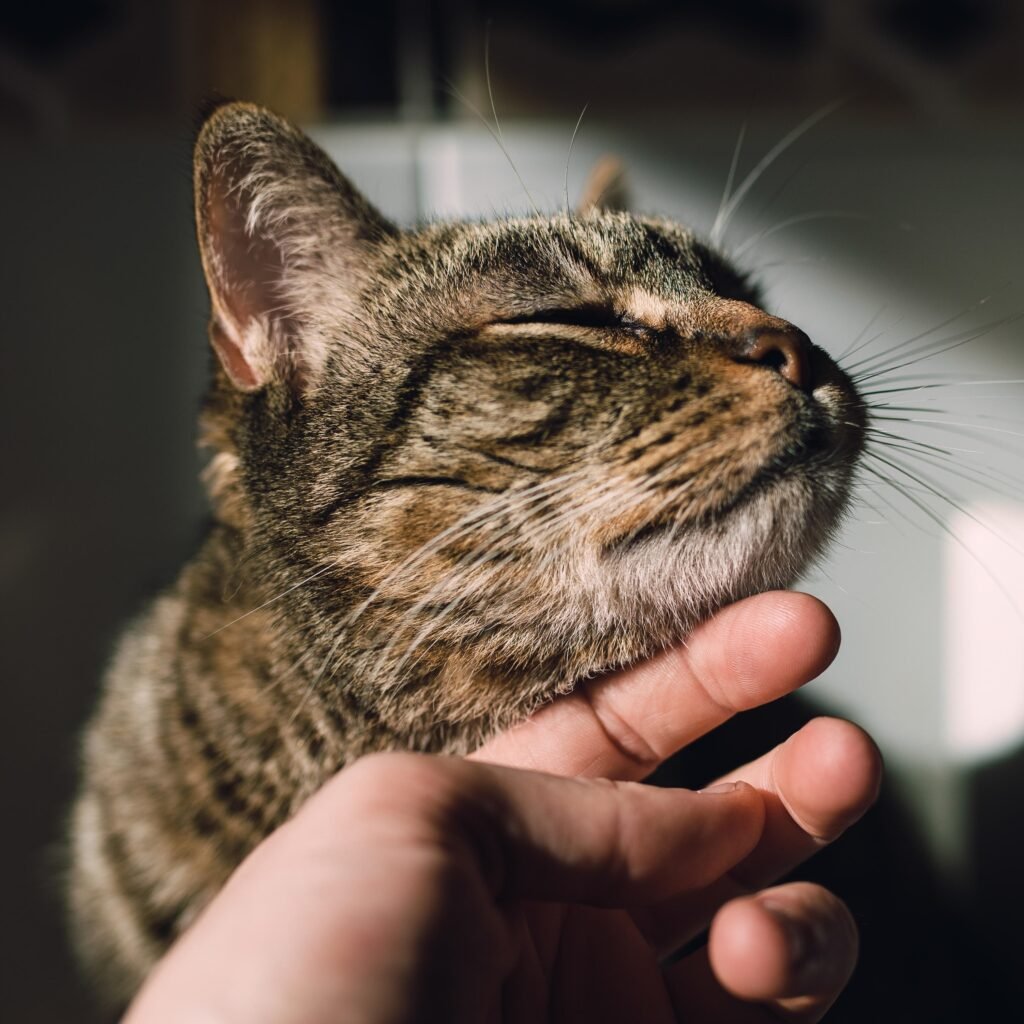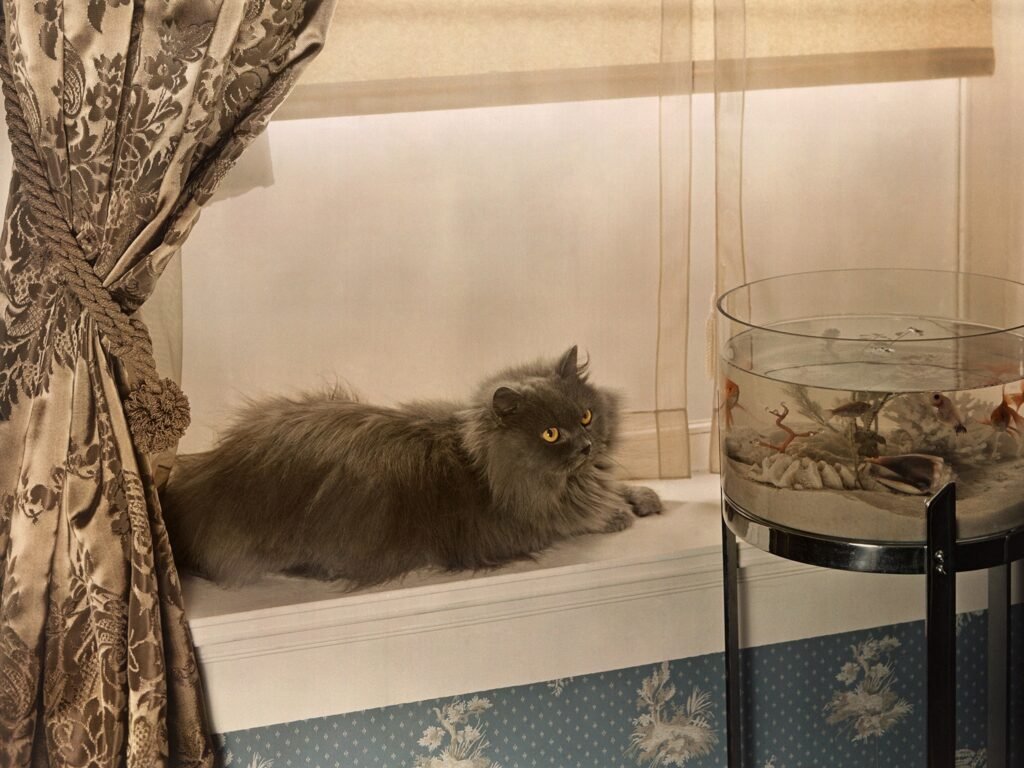Are you curious about whether orange cats truly have those goofy, playful personalities that everyone seems to love? You’re not alone. Many cat owners swear by the unique quirks of their ginger felines. Let’s take a closer look at what science has to say about the personalities of orange cats and the potential genetic links that could explain their behavior.

This image is property of i.natgeofe.com.
Understanding the Orange Cat Phenomenon
There’s something special about orange cats that many people can’t help but notice. Their antics often seem more pronounced than those of other felines. From hanging off curtains to jumping spectacular distances, these cats are frequently the stars of online videos showcasing their silly behaviors.
Genetics Behind the Coloration
The color of a cat’s fur is primarily determined by genetics. The gene responsible for orange fur in cats is known as ARHGAP36. This gene is linked to the X chromosome. You’ll find that orange cats are predominantly male because males only require one copy of the orange gene (XY chromosomes), while females need two (XX chromosomes) to exhibit the same coloring. This gene structure raises the question: does this genetic link also influence personality traits?
The Flavor of Orange Cat Quirkiness
Many owners and experts have noted that orange cats appear to exhibit a distinct set of behaviors. You may have encountered descriptions of their personalities such as “friendly” and “goofy.” But what does the research really say?
Is There Science to Support the Goofiness?
While you’ll hear countless anecdotes about the unique personalities of orange cats, science has provided some intriguing insights into their behavior.
Previous Studies on Cat Behavior
In 2015, a study published in the journal Anthrozoös highlighted that people are more likely to associate the trait of friendliness with orange cats compared to cats of other colors. Similarly, another study in the Journal of Veterinary Behavior suggested some behavioral differences correlated to coat color.
However, scientists like Carlo Siracusa from the University of Pennsylvania caution against jumping to conclusions based purely on these findings.
Behavioral Observations
Siracusa points out an important fact: while there may appear to be a difference in behaviors across various colors, many of these variations are related to breed rather than color itself. Some colors, like lilac cats, were noted to be more playful while others, such as tortoiseshells, showed differences in aggression levels toward dogs.
So, what about orange cats? Interestingly, Siracusa noted that they were sometimes more prone to fear-related aggression with unfamiliar people — contrary to the professed goofiness often attributed to them.
Mixed Results: Goofiness vs. Behavior
It’s fair to wonder if your experience with orange cats falls in line with these scientific findings. Are they truly goofy, or is that just a stereotype? Different studies indicate various behaviors, but they may not always be definitive.
| Trait | Orange Cats | Other Colors |
|---|---|---|
| Friendliness | Often noted | Less frequent |
| Outgoingness | Mixed results | Varies by breed |
| Aggression to Strangers | Higher likelihood | Depends on breed |
| Playfulness | Not specifically noted | Varies |

This image is property of i.natgeofe.com.
The Role of Environment
Another critical factor when discussing behavior is the environment in which a cat is raised. If you’ve ever observed a cat with an outgoing personality, that might not be solely due to its color. The environment plays a massive role in shaping an animal’s behavior.
Socialization Factors
Whether you have an orange cat or another color, how you socialize them from a young age can significantly impact their disposition. Kittens exposed to lots of people, other pets, and new environments tend to develop more sociable traits.
The Intersection of Genetics and Behavior
So, what does the future hold for those intrigued by the genetic foundation of cat behaviors? As scientists dig deeper into the genetics of cats, they begin to theorize how genes like ARHGAP36 may influence behavior beyond just fur color.
Gene Interactions
Research suggests that the influence of the ARHGAP36 gene isn’t limited to mere pigmentation. It may also correlate with other traits inherited alongside it. The genes responsible for color could also have implications on temperament.
For example, the traits linked to coat coloration could be bound with a variety of behavioral aspects. Their influence might just be one piece in the puzzle of feline personality traits.
| Trait Linked to Gene | Possible Behavioral Implications |
|---|---|
| ARHGAP36 | Potentially affects temperament |
| Melanocortin-1 receptor (MC1R) | Pain tolerance and anesthesia efficiency |
Caution in Conjectures
Hiroyuki Sasaki, a geneticist who studied the ARHGAP36 gene, points out the importance of caution in making direct correlations between genes and behaviors. While there are inklings of a relationship, it’s crucial to understand that these links aren’t entirely confirmed.

This image is property of i.natgeofe.com.
Unpacking Individual Personalities
While genetics and environment can provide a framework for understanding behavior, every cat is an individual. Their unique journeys profoundly shape their personalities and quirks.
Cats as Unique Beings
Regardless of color or genetic predispositions, each cat possesses its own distinct personality. You might meet an orange cat who is shy or a black cat who is incredibly outgoing. Your personal experiences with these animals underscore the complexity of animal behavior — it’s rarely as simple as color and genetics alone.
The Influence of Experience
Siracusa expresses that many expectations based on color often come from observed patterns. However, the beauty of owning a pet lies in their individuality. When adopting a cat, exploring its unique quirks becomes part of the joy.
Are Orange Cats Really the Goofiest?
To answer the pressing question: are orange cats the goofiest? Yes and no! While there may be genetic and anecdotal evidence to present a case for their goofy personalities, these characteristics can vary significantly from one cat to another.
Community and the Orange Cat Mythos
The community surrounding cat lovers often contributes to the lore of orange cats. Through social media, word-of-mouth, and cultural representation, the notion that orange cats are inherently goofy becomes reinforced. Social perceptions can create powerful narratives that don’t always align with the facts.
Embracing Cat Diversity
In recognizing the diversity of cat personalities, it’s essential to look beyond just color. When considering adding a feline friend to your home, it’s worth researching their behavior across all breeds and colors. Each kitty, orange or otherwise, comes with a unique story.

This image is property of i.natgeofe.com.
Conclusion: Individuality Over Color
The charming character of orange cats truly captivates many, leading to their popular image as goofballs. With genetic factors and behavioral studies providing intriguing insights, it’s clear that science touches on the realm of feline personalities—but the ultimate takeaway is that each cat is a unique individual.
While the office antics and mischievousness of orange cats may contribute to their widespread reputation, the true fabric of their behavior is woven from various traits, experiences, and the affection they receive.
As a cat owner, take the time to appreciate the full spectrum of your furry friend’s personality. Whether they are orange, black, or spotted, all cats possess distinctive traits that make them unforgettable companions.



